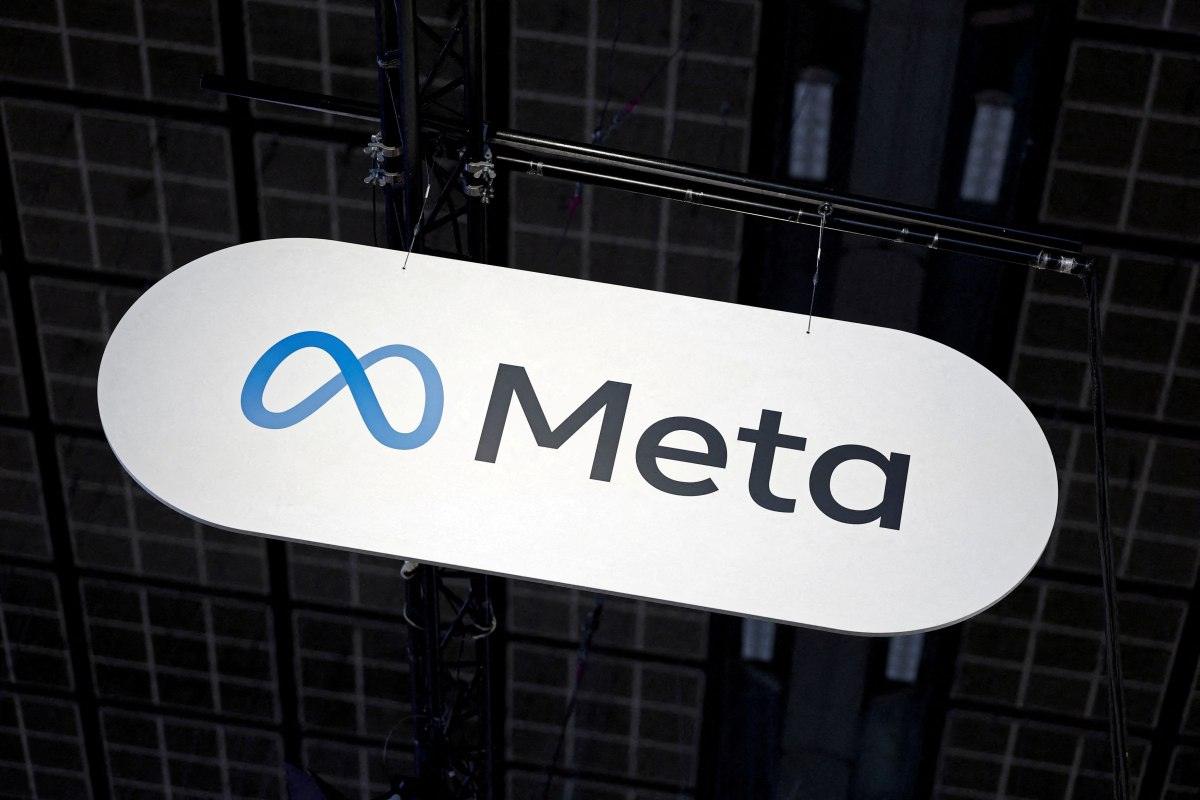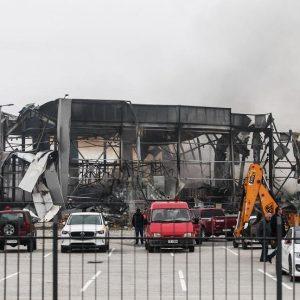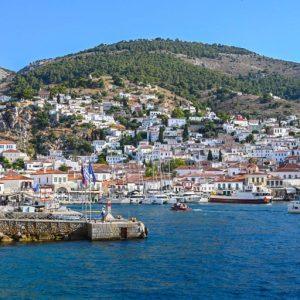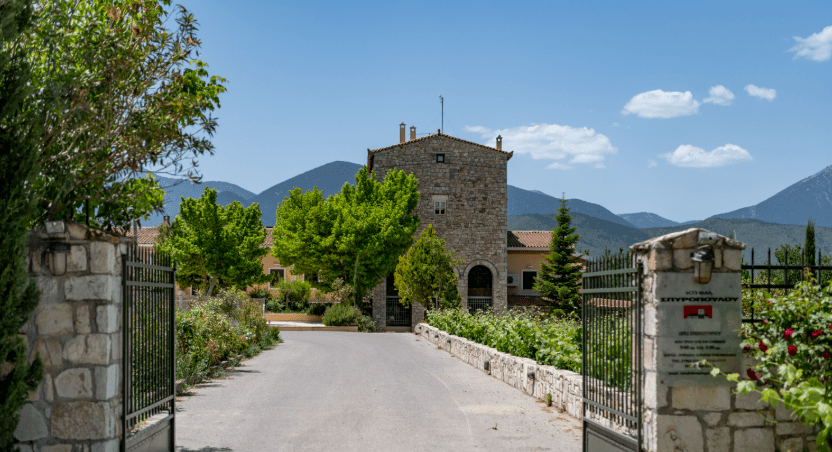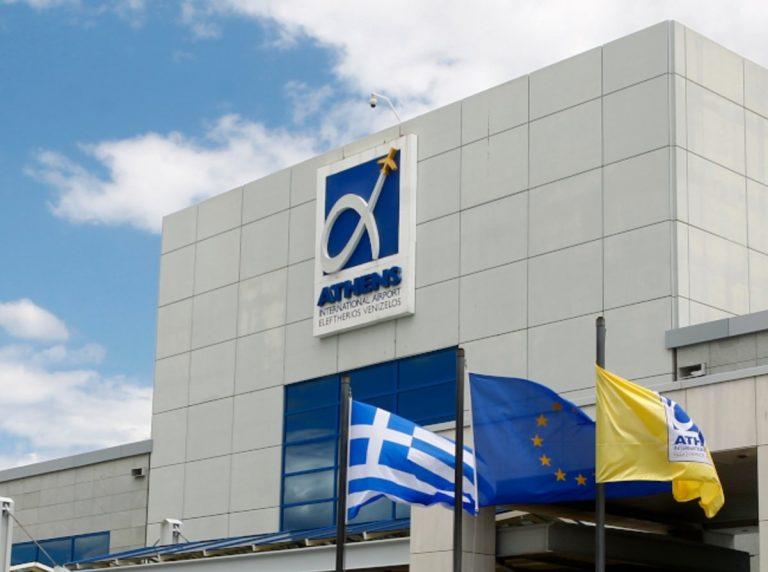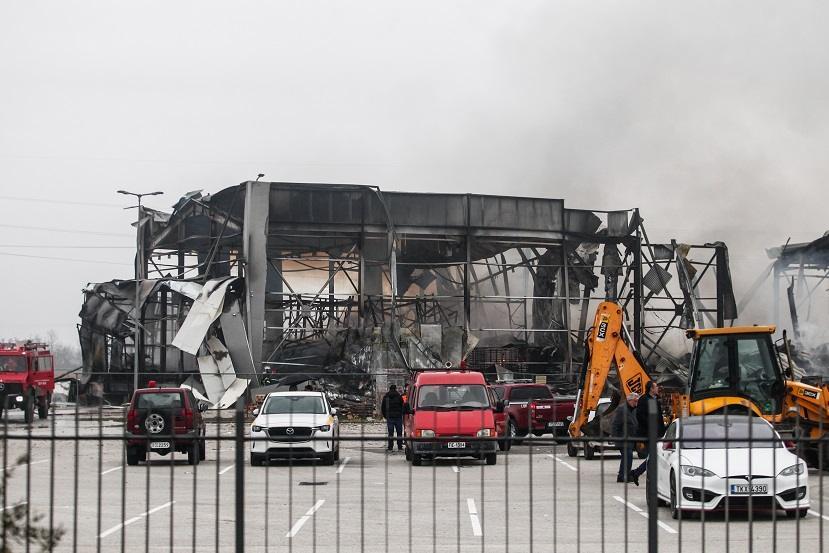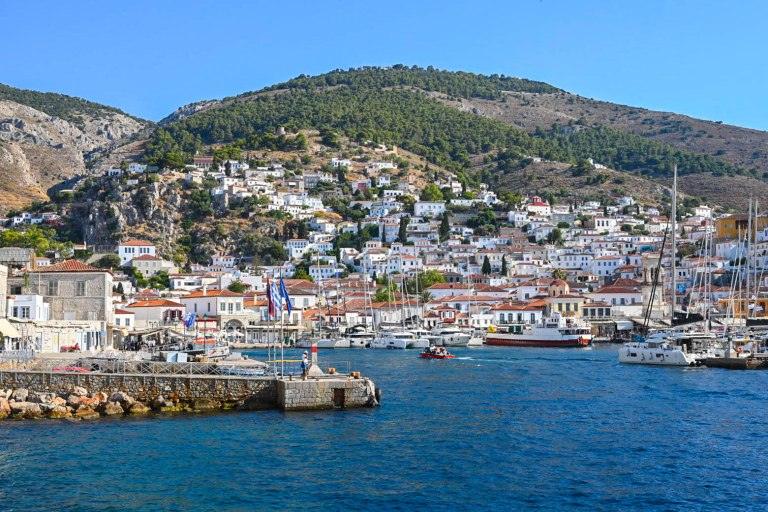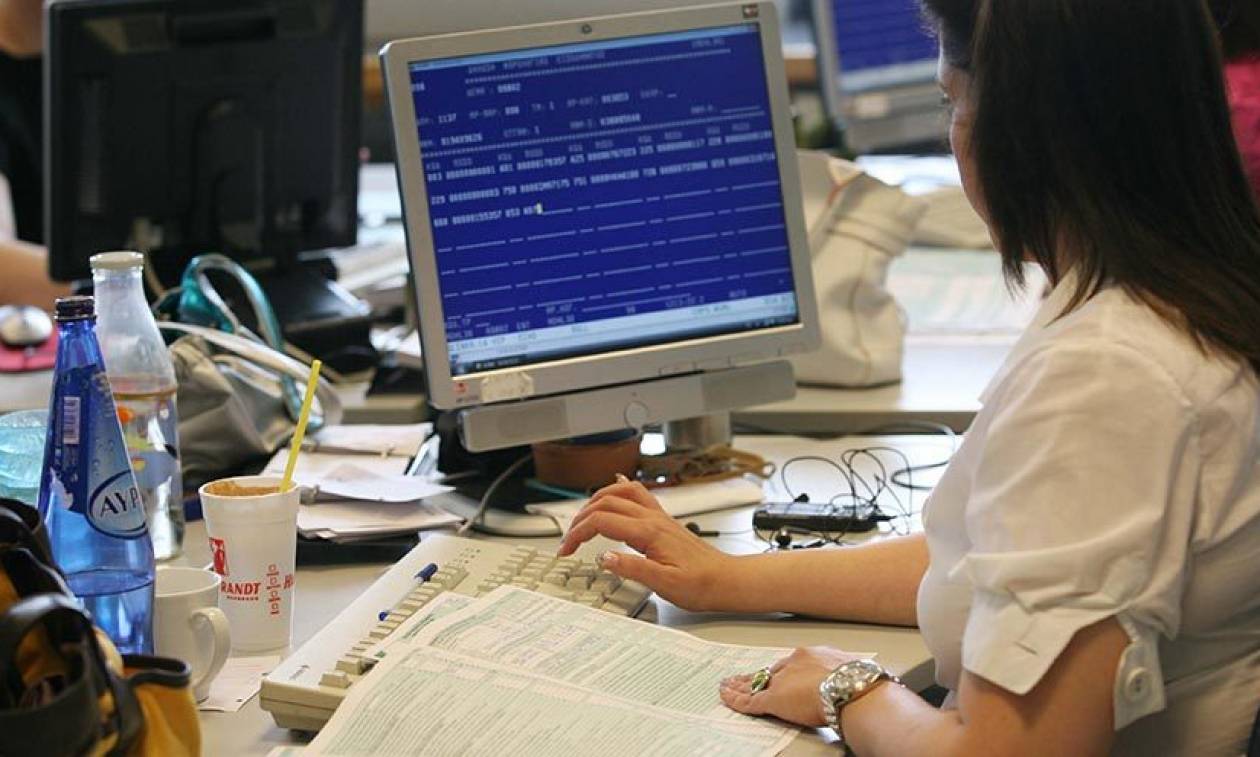Greece’s agricultural sector is faced with another crisis, threatening to further shrink the industry, as sheep and goat pox, an infectious animal disease, is devastating livestock farms across the country impacting the production and prices of meat, milk and the famous Greek feta cheese.
Over 25,000 animals have already been culled, adding to the losses incurred from the recent outbreak of rinderpest and the widespread destruction caused by the Daniel storm, last year, have resulted in the total loss of over 150,000 animals.
The Ministry of Rural Development and Food implemented heightened biosecurity measures, including a nationwide ban on the movement of sheep and goats in an attempt to monitor the situation, however industry representatives warn that the situation remains extremely damaging, and causing disruptions to the dairy market.
Livestock farmers across Greece are expressing serious concerns that cheese production from sheep and goat milk like feta will be negatively affected, given the fact that the pox virus can survive up to six months and the outlook for livestock losses remaining unpredictable.
The sector’s representatives note that the cumulative effects of storm damage, disease outbreaks and pox are creating an ongoing crisis that threatens livestock farmers’ incomes and the sector’s overall stability.
The slaughtering of entire herds at major livestock farms has led to production disarray, leaving many farmers struggling to remain in the profession. Furthermore, the industry is faced with rising milk prices and higher costs associated with keeping animals confined during the outbreak.
This is particularly crucial for Greece as goat and sheep farming is currently ensuring 90% of the country’s meat self-sufficiency, while the milk produced serves as the main ingredient for feta, Greece’s leading export cheese and a registered PDO product. Feta in particular, is Greece’s primary dairy export, with 65% of production going abroad.
However, the crisis is not only affecting feta production but other Greek PDO cheeses such as Graviera Agrafon, Kalathaki Limnou and Manouri to name just a few.
Source: tovima.com


